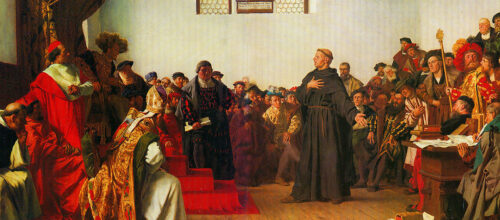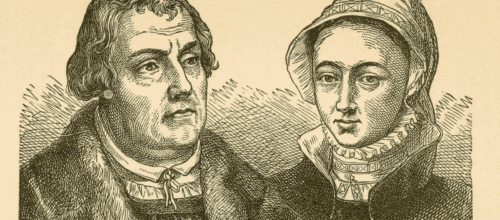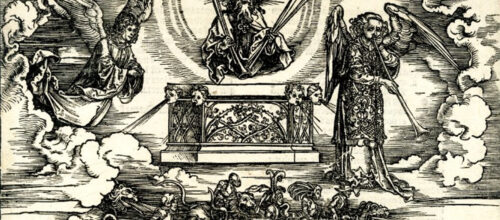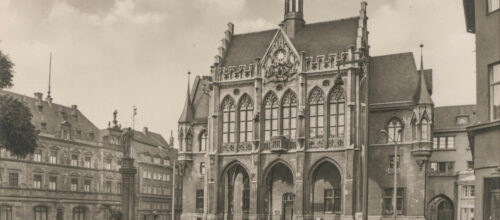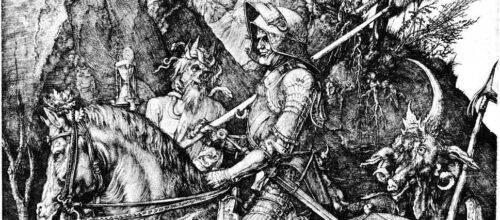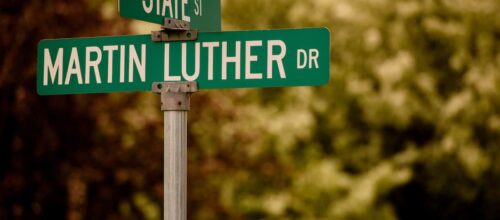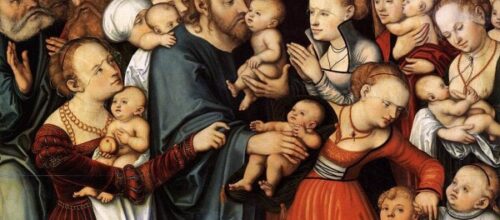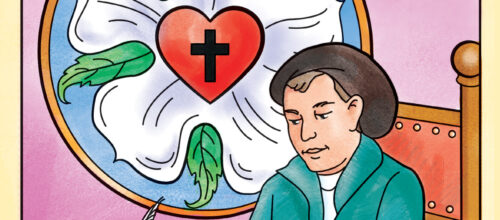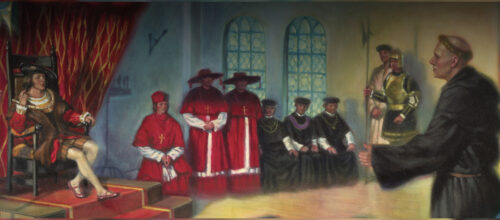The Heidelberg Disputations
Many events were set in motion by Luther’s posting of the 95 Theses on October 31st, 1517, but ironically, not the very thing he intended. The 95 Theses were meant for theological debate, a debate that never occurred. Any expectation of a lively academic disputation was consumed by a firestorm that reached far beyond Wittenberg and Germany to the pope himself.

